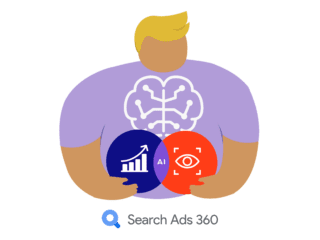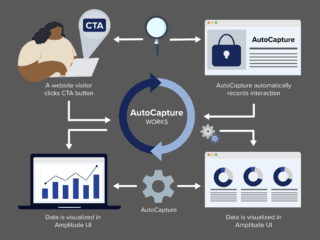I haven’t seen a better example of real-world data-based decision-making in a long time: Computer simulations have shown that boarding airplane passengers starting with the window seats is 40% more efficient than boarding section-by-section starting with the back of the plane.
In the words that the BBC used for their lede, “The most common way of boarding passenger planes is among the least efficient.”
We often assume that the way things are done on airplanes, in businesses and in our homes are the best way of accomplishing a task – if not the only way of getting it done.
Personally, I love how small and frequent tasks can add up over time to have a large result, like changing a call to action in an AdWords text ad can lead to a increase in click-through rate and ultimately lead to an increase in sales revenue. There are also monumental tasks that can be improved through innovative practices.
The Freakonomics book and podcast series are dedicated to explain uncovering just these sorts of concepts in light of economic data and social studies. One of their recent podcasts, “Smarter Kids at 10 Bucks a Pop” explained how supplying kids in poor, rural China with inexpensive prescription glasses raised their grades. The kids were not less intelligent, they just didn’t know they needed glasses. They speculated about the results of implementing a similar practice in the United States.
Fortunately, we live in an increasingly digital world where data is not only being collected in greater quantities, but also being shared among organizations for the purpose of improving daily life. Such projects are often called open data, and the best example is data.gov, where the Chief Information Officer in the United States publishes information regarding government services like transportation and health care.
In digital marketing, these sorts of discoveries are exactly what power our industry. Eventually, we take these discoveries and call them ‘best practices’. For instance, inserting keywords into ad text in AdWords is a proven way of increasing click-through rate (CTR), but there was a time where this may have been considered redundant.
Data-driven decision-making is a philosophy that will have a larger impact on our world in the next decade as pressure is increased on both governments and families to find more cost- and time-efficient ways of getting things done.
So the next time that you’re getting on a plane or creating an online ad, know that there are better ways of accomplishing your goals just waiting to be discovered… and then put on your thinking cap.

















